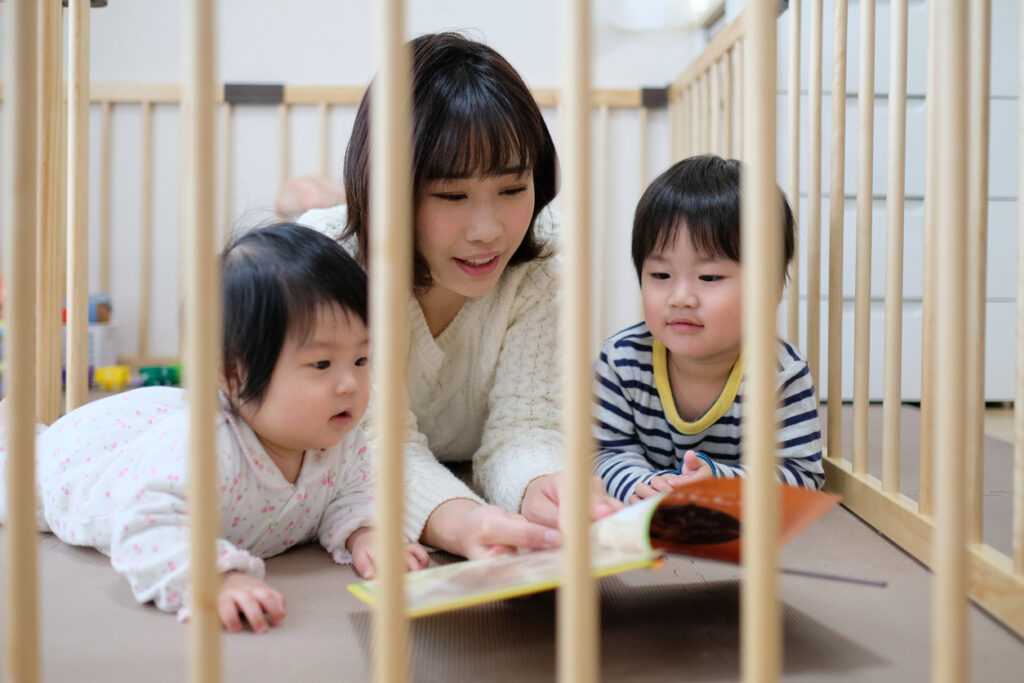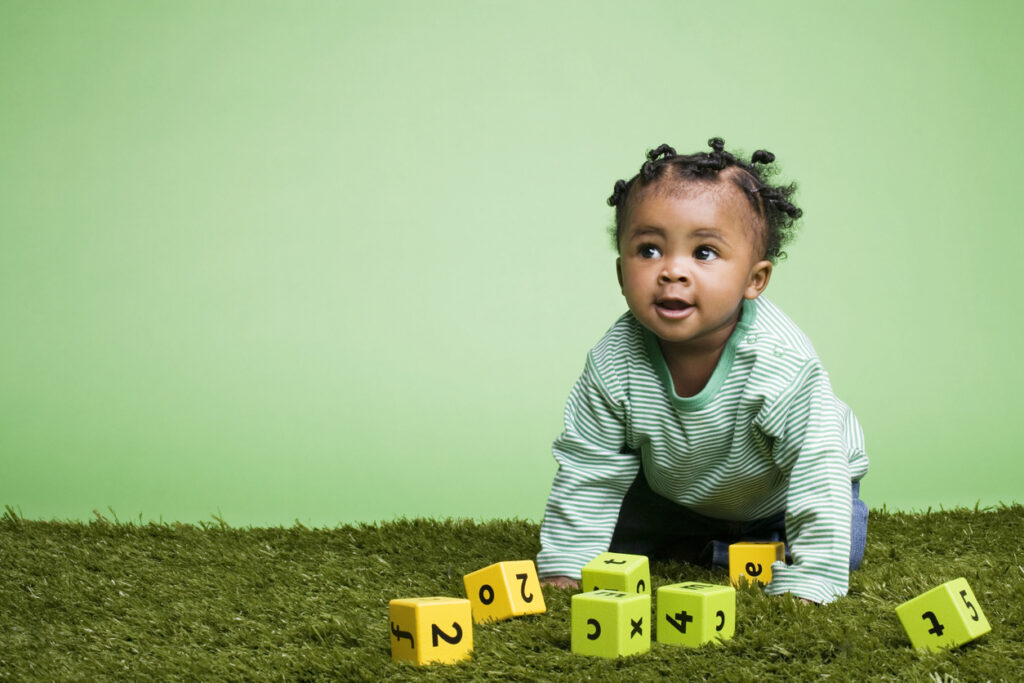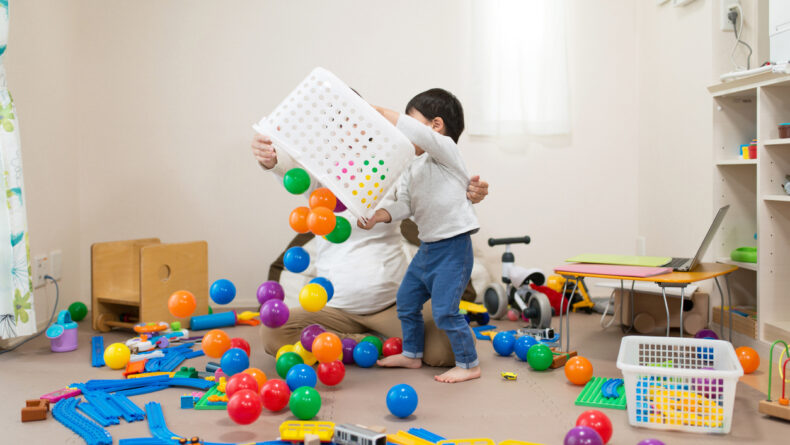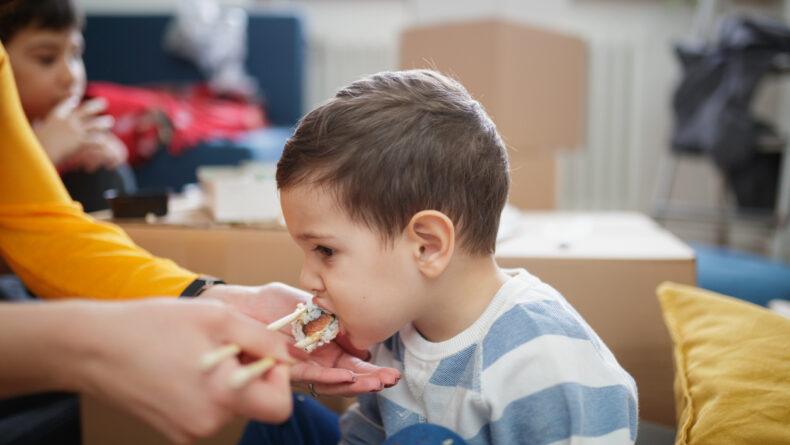Bringing Up Bilingual Babies
What Recent Research Can Tell Us About Raising A Multilingual Child
Language learning is one of baby’s most magical milestones! Who isn’t awed by their little one’s first words? Read on to find out what researchers say about the benefits of teaching multiple languages and how to help your baby communicate across cultures.
In Japan, much ink has been spilled about the quality of English education. But, realistically Japan is, for the most part, a monolingual society. In the country, Japanese is the only language you need to get around. However, without other options built into the public education system early enough, kids in Japan are not given much opportunity to broaden their linguistic horizons, particularly if their parents can’t fork out for eikaiwa (English conversation schools) in the early years. For foreign residents of Japan especially, Japanese-only language education obviously has significant downsides. Without extra time and money spent, your little ones could have trouble chatting with their grandparents and cousins (or with many others) overseas!
language input begins prenatally and is fundamentally important even in baby’s first few months.
In predominantly monolingual societies, like Japan, efforts to produce bilingual or multilingual children are deemed almost entirely the parents’ responsibility. Research on multilingualism suggests that language input begins prenatally and is fundamentally important even in baby’s first few months. So, before you start debating saving funds for your child’s first language extracurricular, think smaller: most second language education occurs at home with the under-two crowd. To get you motivated, I’ve rounded up what recent research in fields like education, applied linguistics and developmental psychology has to tell us about raising a baby fluent in multiple languages.
Introducing languages to baby
 © Photo by iStock: monzenmachi
© Photo by iStock: monzenmachiSome families split up the languages so each parent speaks only their native tongue to the child. Others mix two or more together as they address their baby. However you choose to go about it, research suggests following these general guidelines for language learning:
- Use baby talk with short sentences and “exaggerated” intonation. (i.e “is that your bear?”)
- Expand on what your child is saying (or trying to say) to expand their vocabulary and grammar. For example, my youngest daughter calls both books and grapes “bu” (bu-book and bu-budou) so I try to answer her by filling in the gaps in either language (you want to eat grapes? Budou wo tabetai? Let’s eat grapes! Budou wo tabeyou!)
- Use language during social interactions like playing.
- Read age-appropriate books in the target languages.
- Limit passive screen time and prioritize interaction.
Despite this recommendation against screen time, in the age of covid, online learning has become more and more common. So, what does research have to say about screens and language learning in babies?
if you add another baby to hang out with your baby while watching the media, all of a sudden, their learning improves.
Under three, using just media to teach language doesn’t work very well. This has been proven in multiple studies and is still true even if you add “interactivity” like touch screens or videos that pause for a child’s response (such as asking a vocabulary question and waiting for the baby to ostensibly make a sound before continuing). Interestingly, however, there is a caveat to this: if you add another baby to hang out with your baby while watching the media, all of a sudden, their learning improves. Also, importantly for people with family overseas, video chatting is almost as good as in-person for language learning! This is especially true if the child’s name is used and there is eye contact and interactivity (like a mini conversation or game).
If these guidelines overwhelm you, here’s some good news: even minimal exposure to language can start conferring advantages. And by minimal exposure, researchers mean that the language is in the children’s environment, for example, being spoken by parents to each other; it was not necessary for the little one to actively be using multiple languages to begin achieving cognitive gains.
Benefits of multilingualism
 © Photo by iStock: Image Source
© Photo by iStock: Image SourcePerhaps you are wondering what these so-called gains are. Actually, researchers have been studying something called the “bilingual advantage” for a long time and have largely found that bilingual babies, children and adults have better cognitive control than monolinguals, and can also perform better on attention, memory and cognitive tests. This, as you might have guessed, is an extremely useful skill, particularly in school.
For babies, in particular, recent studies have noted that bilingualism:
Improves social cognition (i.e. can understand others’ perspectives better). Researchers suggest that this is because multilingual little ones have to pay attention to which people and which environments are associated with the different languages.
Improves cognitive skills, like:
- “Inhibitory control”, or the ability to ignore unnecessary stimuli, which they think is because bilingual babies learn to suppress words from the other known language in a social context.
- “Basic processing” of even non-lingual stimuli, as shown by faster “habituation” (otherwise known as getting used to) to visual stimuli.
- “Memory capacity”, shown in deferred imitation tasks and habituation tasks where bilingual babies outperform monolinguals in recognizing and copying.
In short, researchers have been demonstrating that babies exposed to and learning multiple languages accrue many cognitive advantages. Everyone wants their child to have a great start in life and helping them learn two or more languages is a proven way to do that as well as being very useful in our globalized world.
strating that babies exposed to and learning multiple languages accrue many cognitive advantages.
So, what are you waiting for? Grab a board book in your target language, fire up Skype with the in-laws, and start breaking out your baby talk to have your little one chatting across cultures in no time!
















Leave a Reply